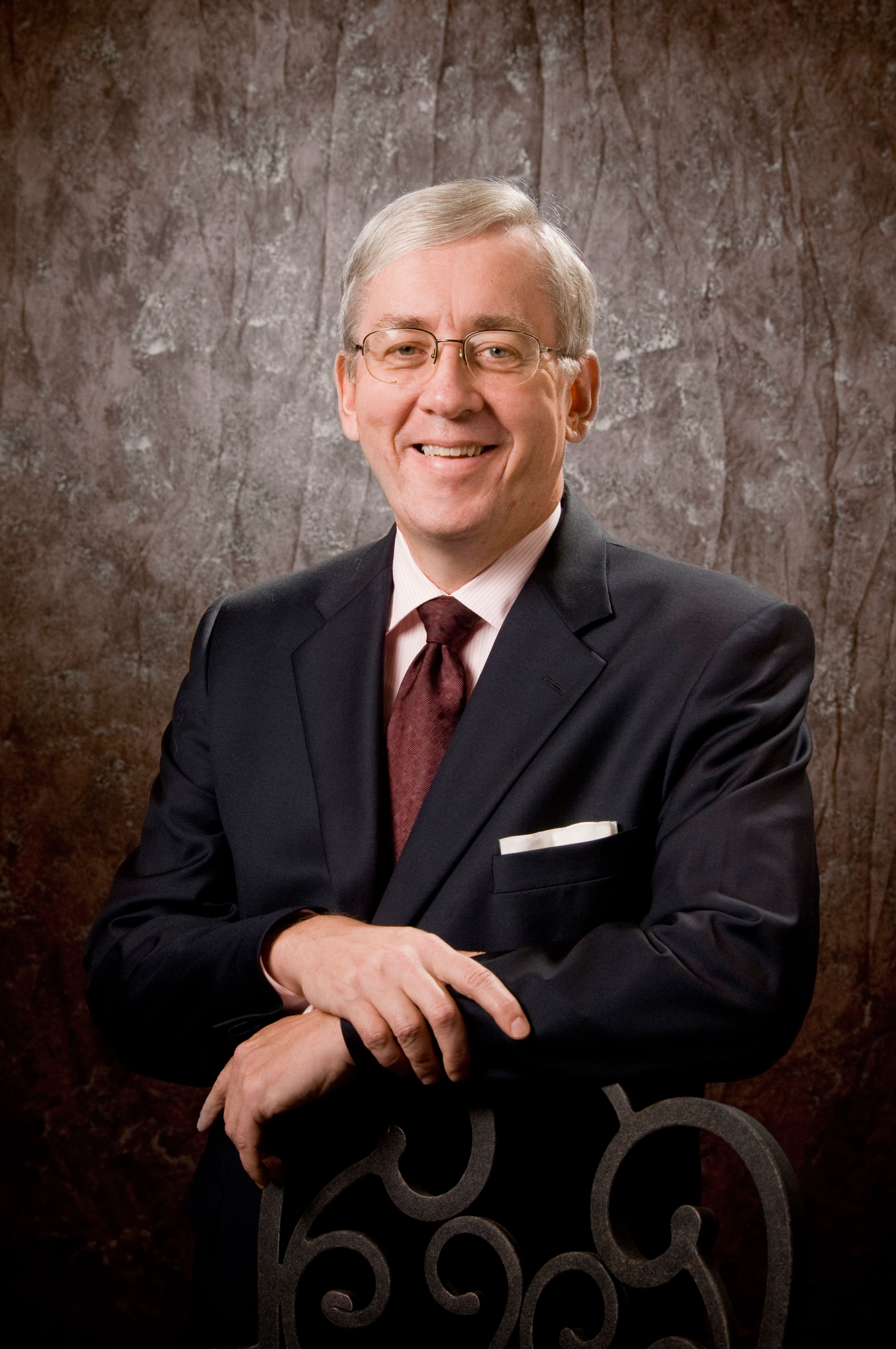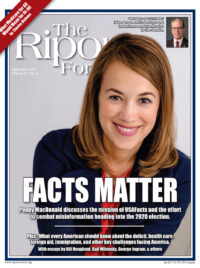
Recently, someone created a distorted video of House leader Nancy Pelosi (D-CA) that suggested she was drunk. She was not. The video warped her image for political purposes (or perhaps, just for fun). More bluntly, the speech in question – the edited video – was a lie.
During the 2016 election, teenagers in the city of Veles, North Macedonia made up lies about the American presidential candidates, wholly fabricating “fake news” which attracted attention from internet searches. Its creators made significant sums from Google ads tied to the searches.
In February 2018, Robert S. Mueller III, a special counsel to the U.S. Department of Justice, indicted 13 Russians for intervening in the 2016 election by purchasing advertising, a criminal act for foreign nationals. Russian agents posing as American citizens also spoke out on the internet seeking to hurt Hillary Clinton’s effort and to divide the nation on racial and other matters. The identities of these speakers (and perhaps some of their speech) were lies.
As in life, so in politics: lies do real harm. Individuals are worse off believing lies. Candidates may gain office with the support of a misled majority. Policies might become law based on falsehoods. What should be done?
Government can sometimes punish lies. But the First Amendment sharply limits government restrictions on “the freedom of speech.”
Government can sometimes punish lies. For example, libel law sanctions speakers whose lies damage the reputation of others. But the First Amendment sharply limits government restrictions on “the freedom of speech.” In United States v. Alvarez, the Supreme Court refused to recognize a general exception to the First Amendment for false speech. That decision seems wise in a polarized age. Partisans often see reasonable differences as lies.
A few years ago, Ohio criminalized disseminating false statements about a candidate. A congressman asked a state commission set up to enforce the law to stop billboards criticizing his record on abortion. In striking down the law, a federal judge said, “We do not want the government (i.e., the Ohio Elections Commission) deciding what is political truth — for fear that the government might persecute those who criticize it. Instead, in a democracy, the voters should decide.”
But can’t the federal government can protect us from lies spread by a hostile foreign power? The government can prohibit foreign nationals from buying ads advocating the election or defeat of a candidate. But the Federal Election Commission notes that this prohibition “does not restrain foreign nationals from speaking out about issues or spending money to advocate their views about issues. It restrains them only from a certain form of expressive activity closely tied to the voting process…”
The government may not restrict speech by foreigners in general. Fifty years ago, the Supreme Court indicated an American had a First Amendment right to receive The Peking Review free of even minor government rules. Of course, this was a right of Americans to read material, not a right of foreign nationals to speak to Americans.
The United States has mandated disclosure of the sources of speech by foreign nationals. Members of Congress hear speech by foreign agents almost every day. Would average citizens be beguiled by foreign arguments even if their source were disclosed? Keep in mind a television network funded by Russia operates in the United States; at first without disclosure of its owner, and now as a registered foreign agent. Disclosure informs citizens without restricting speech.
Much speech now takes place on the internet platforms owned by private companies. Both the Russian ads and the Pelosi video appeared on Facebook. Such private companies are not the government; no speaker enjoys First Amendment protections against being removed from Facebook.
Free speech is not perfect. But the alternative – government as censor – will be worse.
Facebook has rules against setting up fake accounts, a trick often used by foreign actors. The platform uses machine learning to identify and remove fake accounts; Facebook also mandates extensive disclosure of ad buyers. At the same time, Facebook does not wish to become an “arbiter of truth” for its users. Facebook provided more information about the Pelosi video mentioned above, but did not take it down.
Should government demand more from social media? The U.K. government has proposed a “duty of care” that requires companies to protect users. U.S. politicians have made similar suggestions. These proposals are risky. Social media managers might suppress speech to please regulators and public officials. Government officials might thereby do indirectly what they may not do directly: censor speech.
In the end, “more speech” remains the best answer to “bad speech.” Critics rapidly identified and debunked the Pelosi video. Russian efforts in 2016 have been disclosed and debunked; public opinion experts indicate the Russians had little effect on voters.
Free speech is not perfect. People lie and are sometimes believed. But the alternative – government as censor – will be worse. Individuals and private enterprise are the proper censors of bad speech. They remain our best responses to the coming challenges of the digital era.
John Samples is a vice president at the Cato Institute. This essay draws on his recent Cato Policy Analysis, Why the Government Should Not Regulate Content Moderation of Social Media.




